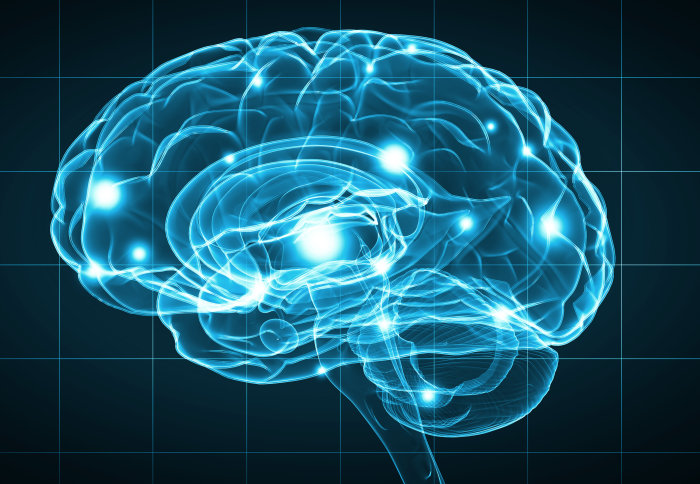Collaboration could help unlock secrets of key compound in memory and addiction
by Ryan O'Hare

A team led by researchers at Imperial is leading an international effort to uncover the role of one of the brain’s key chemical messengers in detail.
Dopamine carries signals between nerve cells throughout the brain and plays important roles in everything from learning, memory and attention, to motivation and reward.
However, as most medicines designed for the human brain are not able to selectively target individual brain systems, studying its effect on specific brain processes has been a major challenge for neuroscientists.
But now a new project led by Professor David Nutt, from the Department of Medicine, will use a pharmaceutical compound to investigate the role of the main dopamine receptor in the brain – the D1 receptor, which is believed to play a vital role in attention, concentration and addiction to tobacco and other substances.
This landmark grant will provide a vital boost to human brain research across the globe Professor David Nutt
The Tools for Human Neuroscience Drug Research (THuNDR2) project will provide scientists with a highly-selective, safe compound called ADX10061 to address a series of key questions in human brain science, including the role of dopamine in addiction and targeting its receptors to break the cycle.
Funded through a £1.4m grant from the Wellcome Trust, the project will bring together researchers from Imperial and the universities of Cambridge, Bristol, Exeter, Oxford and Kings College London, along with expertise and insight from the pharmaceutical industry, to produce and provide access to the compound.
“THuNDR2 is a landmark biomedical resource funded by Wellcome that will provide a much-needed boost to human experimental neuroscience both in the UK and across the world for many years to come,” explained Professor Nutt, Edmund J Safra Chair in Neuropsychopharmacology at Imperial.
Working with pharmaceutical company Addex, which discovered ADX10061 and has investigated it’s use in smoking cessation, drug abuse, schizophrenia and sleep disorders – conditions in which dopamine receptors are known to play a key role – the THuNDR2 group will produce the compound to medical standards for human research.
One key question that the Imperial team will address Is role of the dopamine D1 receptor in addiction to drugs such as alcohol and smoking, both of which seem to release dopamine in the brain.
The group also aim to make the compound available to other UK and international psychopharmacology researchers carrying out relevant projects, making it part of the ECNP medicines chest initiative.
Professor Nutt added: “Many research groups in the UK, US and Europe are interested in obtaining supplies for their projects, so this landmark grant will provide a vital boost to human brain research across the globe.”
Article supporters
Article text (excluding photos or graphics) © Imperial College London.
Photos and graphics subject to third party copyright used with permission or © Imperial College London.
Reporter
Ryan O'Hare
Communications Division